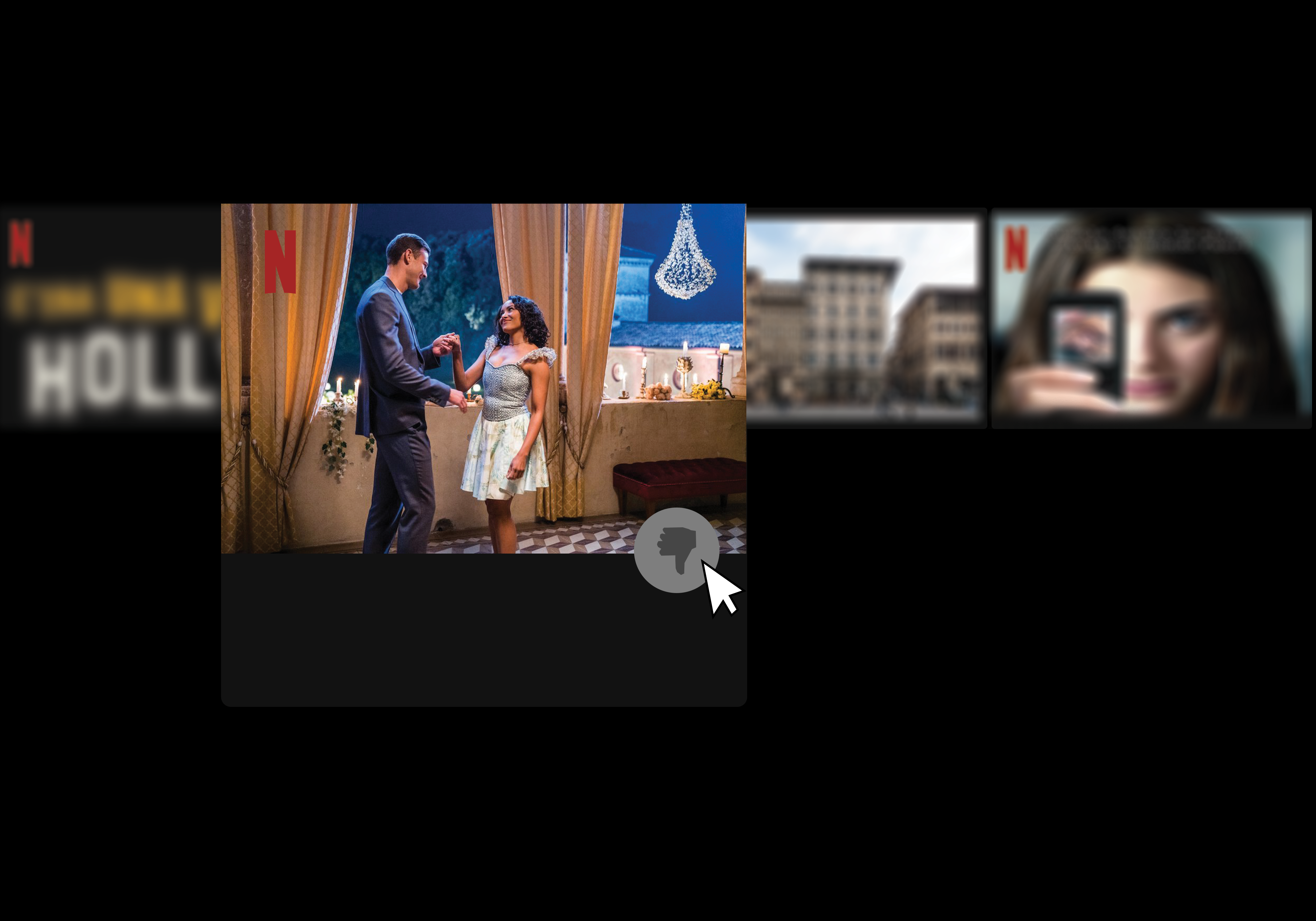Romeo and Juliet is undeniably one of the world’s greatest love stories. But as any middle school English student will tell you, it is also one of the most devastating. In its attempt to replicate the romance of Shakespeare’s classic, Netflix’s Love in the Villa (2022) seems to forget the fundamental tragedy of its source material, presenting itself as a forgettable love letter to the infamous Verona. Love in the Villa takes the tried-and-true enemies-to-lovers formula and turns the heat all the way down.
The film follows Julie Hutton (Kat Graham), an English teacher and Romeo and Juliet fanatic, on her quest to recreate her favorite love story in Verona, Italy (presumably without the double suicide). While Julie thinks she is about to get engaged, her largely unremarkable boyfriend breaks up with her instead, leaving our fearless heroine to Eat, Pray, Love her way around the so-called City of Love. She is forced to cohabitate with Charlie Fletcher (Tom Hopper), a grouchy British wine distributor, and after a series of hijinks and inexplicably high-stakes pranks, the two indeed end up finding love in the villa.
Yet instead of delivering a cheesy story of self-discovery or even a predictable but comforting rom-com that embraces a gorgeous international setting, Love in the Villa offers nearly two hours of … just about nothing. From uncompelling characters to a directionless plot and lack of Veronan scenery, the film is astonishingly bland.
While it’s unfair to demand a moving, life-changing masterpiece from a Netflix rom-com, it is not unreasonable to expect to be entertained, at the very least. Prior films in the genre, like Set It Up (2018) and Always Be My Maybe (2019), have faced criticism for being formulaic and cliché-ridden, yet remained supremely enjoyable. Meanwhile, in eschewing—or, in some instances, butchering—common tropes, Love in the Villa misses out on the inherent entertainment factor that made those plotlines popular in the first place.
Rather than a straightforward but appealing enemies-to-lovers dynamic, Love in the Villa fails to convincingly establish why Julie and Charlie are enemies in the first place—their goofy, absent-minded Airbnb host is clearly to blame for their predicament as he accidentally double-booked them for the week. Julie and Charlie’s tension should hinge on logistics, yet somehow it quickly morphs into a fundamental character disagreement (and eventual prank war); while venting about Charlie on the phone to her friend Rob (Sean Amsing), Julie goes as far as to confess that “it’s like he hates me for no reason.” It’s like the call is coming from inside the house!
The key to any good opposites-attract dynamic is a stark contrast between the romantic leads. Ostensibly, Charlie and Julie aim to fulfill the pragmatist/hopeless romantic dichotomy, but neither of them has strong enough convictions to really sell it. As they stroll down the Ponte Pietra (gelato in hand, obviously), they so explicitly articulate their differences it feels like being hit over the head with a copy of every single Emily Henry book all at once. He has five siblings and distant parents! She’s an only child raised by parents who were “crazy about each other”! Of course, Charlie is also British, which naturally (and again, so obviously) makes him even frostier, while Julie, quintessentially Midwestern, is baffled by his absolute lack of effusiveness. There’s not an ounce of originality or real humanity in these two—they somehow turn the joy of caricature-heavy romance tropes into an unpleasant slog.
Neither Charlie nor Julie is particularly likable, but Julie is, to put it kindly, a stickler. She plans her vacation down to the minute, and any disruption throws her into a tizzy. While the film vaguely gestures at her embracing Italian spontaneity, Julie is strangely defiant in embracing anything actually Italian. As a peace offering, Charlie cooks an elaborate dinner for Julie, with a steaming plate of pastissada de caval as the main course. Julie eagerly tucks in, only to quickly discover that caval means horse in Italian. Julie is utterly horrified, and a playful food fight ensues. While Julie’s outsized reaction is clearly intended as comedic, it lands as clueless—how could you worship all things Verona and not know one of the city’s most famous dishes?
Thankfully for Julie, Charlie’s dish was a vegetarian dupe, saving her from the shock and horror of experiencing an Italian delicacy. In this sense, the film fails to deliver on another comforting trope: the clueless tourist. For someone who claims to love Romeo and Juliet as much as she does, Julie has a hard time internalizing the play’s message of love conquering enmity. Both Julie and Charlie claim to be Italophiles, but at best they romanticize Italian culture while begrudgingly accepting the existence of Italian people. This unfortunate character flaw leads to one of the film’s funniest moments—facing arrest by Italian police, Charlie absurdly yells, “You can’t arrest me, I’m British!” But by the end of the film, Charlie and Julie remain the same stubborn tourists they started out as. Even when the two have their mutual romantic epiphany, the victory rings hollow—there’s no real character development to make their ultimate reunion exciting.
Love in the Villa suggests the days of the Netflix Romcom Industrial Complex may be coming to an end. The film was released mere months after A Perfect Pairing (2022), an enemies-to-lovers flick set in a picturesque locale with characters involved in the wine industry. Sound familiar? Netflix’s stale plug-and-play approach to the romcom is a bastardization of a genre once filled with classics that transcended audiences, and its latest ventures inherit nothing from the rich tradition established by the likes of Nora Ephron and Nancy Meyers. Even for more casual audiences, this soulless mush fails to deliver even a mindless, escapist piece of passable entertainment. Evidently, Love in the Villa and its ilk are films for neither the head nor the heart, but instead merely Netflix’s bottom line.




